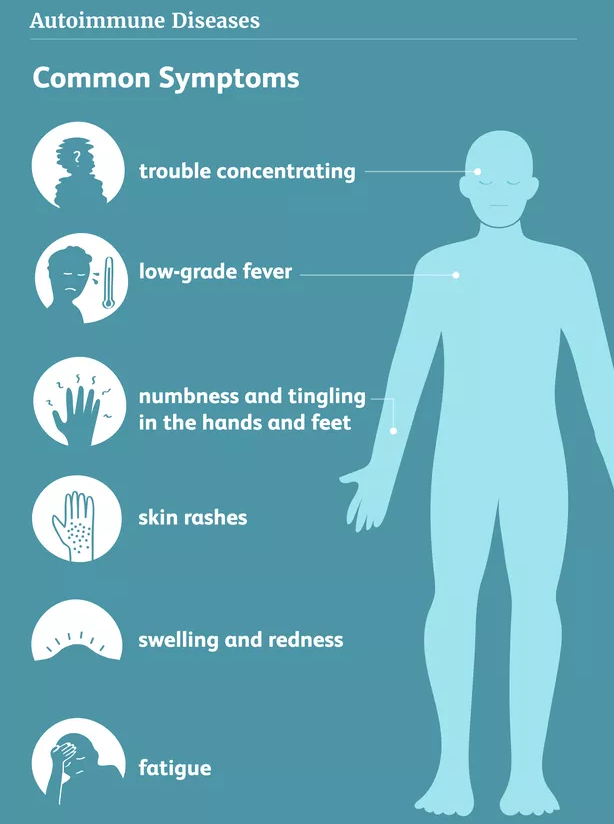One of the biggest struggles of managing an autoimmune disease is the irregular onset of flares. With autoimmune diseases, we find that we can no longer rely on our bodies to function the way they did before. The uncertainty over how our diseases will flare and progress can cause tremendous anxiety, which many of us are familiar with.
It is not surprising then that a recent study found, for patients with systemic autoimmune rheumatic diseases, disease-related uncertainty is correlated with higher levels of depression, and anxiety and sickness impact. Scientists also suspect that certain autoimmune antibodies can affect the brain in ways that lead to psychiatric symptoms.
Using the All of Us database, we found that 52% of patients diagnosed with autoimmune disease were diagnosed with a mental health condition within a year. Specifically, 35% were diagnosed with depression, 34% diagnosed with anxiety, and 24% diagnosed with both depression and anxiety within the same year. More research is needed to understand the connection between autoimmune disease and mental health.
If you have a question about autoimmune disease, let us know here and we’ll use the All of Us data to answer it in our next newsletter!
If you would like to join our efforts and provide information on your autoimmune condition, please join our registry or share it with a friend who has an autoimmune condition. Donations are also greatly appreciated!



















